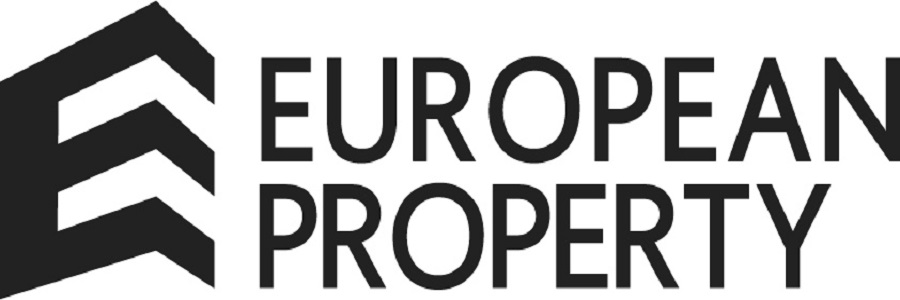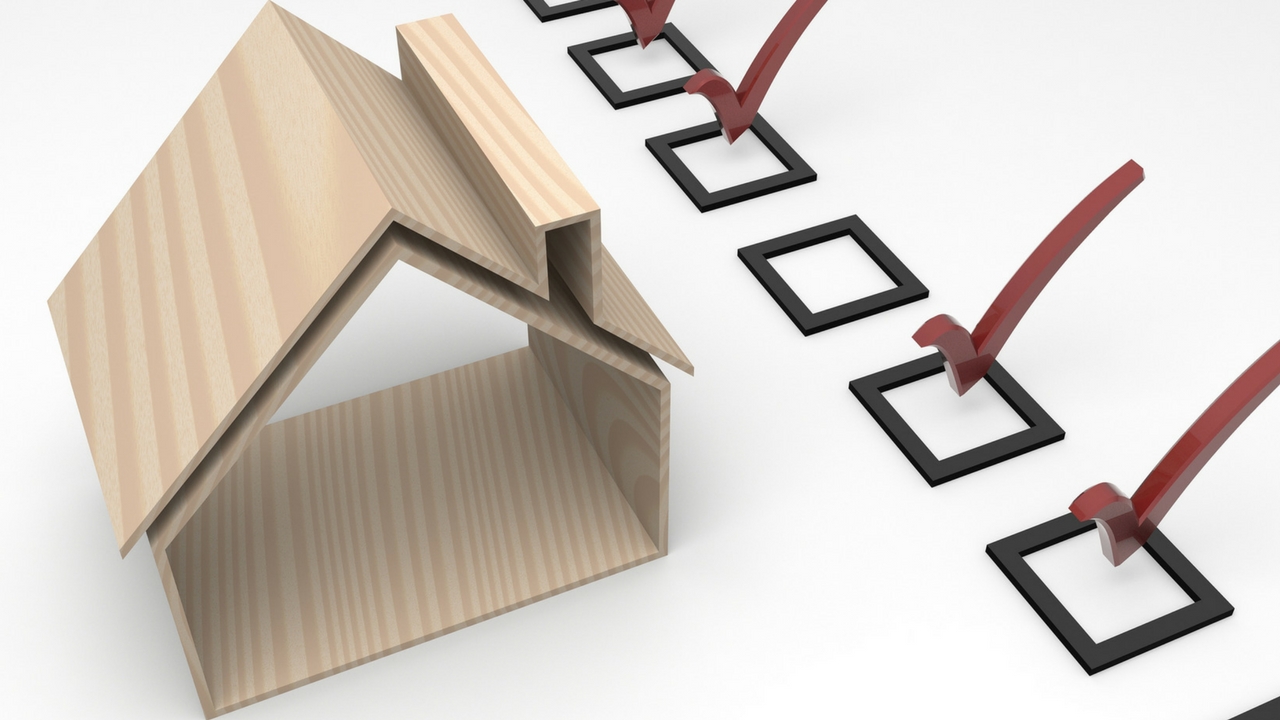Just a few years ago, people predicted the end of Europe, especially the end of Europe as a continent. However, this prediction didn’t come true; instead, we have seen an increasing number of investors flocking to the European property market. But why is this?
The main reason investors are still choosing to invest their money in the European property market is that they can get a good cash yield from property here and, for some, a rental revenue of a couple of percent. While this doesn’t sound like a lot, it is a much higher return than the zero interest offered on other assets.
However, while investing in European property may be worthwhile, it can be more complex than you’d expect. This is because you need to consider many things before purchasing a property here. For example, not only do you have to think about the property’s location, but you also need to choose a property that will make you a profit.
The good news is that you can’t go wrong if you’ve done your research and know what to look for. To help you out, we’ve made a list of some of the things you need to consider when buying a property in Europe:
- Your Budget
The most important thing you need to think about when purchasing a property in Europe is how much capital you have available. After all, there’s no point in looking at properties well out of your budget. The good news is that you usually only need a 5% deposit in Europe to get a mortgage. For example, if you want to buy a £200,000 property with a 95% mortgage, you will only need £10,000 of your own money.
Another great way to find properties within your budget is through property auctions. These auctions can offer unique opportunities to purchase properties at potentially lower prices. By exploring London auctions, you can find a wide range of properties that might fit your financial plan and help you make the most out of your available capital.
- Do Some Research into Different Locations
Another thing you need to consider before purchasing a property in Europe is the location. There are lots of unique places in Europe for you to choose from. Here are some of the most popular:
- The UK – despite the recent crises in the UK, the property market has remained strong. Thanks to this, people are still investing here.
- France – the charm of France is undeniable. As well as this, investors can get excellent rental yields here.
- Malta – not only does Malta have a lot to offer its guests, but it’s also an excellent place for investors to buy property. This is because property is much cheaper here.
- Switzerland – this beautiful country is often overlooked by investors, but it shouldn’t be. Property prices have remained strong in Switzerland for many years now, and they are predicted to stay this way in the future.
- Italy – buying property in Italy couldn’t be easier. This is because there are no restrictions on foreigners buying property here.
- The Type of Property You Want to Own
Once you know where in Europe you want to buy a property, you next need to consider the type of property you would like or can afford to buy. There are so many different options for you to choose from, including houses, apartments, bungalows and bedsits.
- Make Sure You View Potential Properties
While many investors buy properties without viewing them beforehand, this isn’t advisable as you may end up with something you don’t want. Viewing a property in real-life will allow you to better understand the property’s potential or lack thereof.
- Get a Survey
Before purchasing a property, it’s always advisable to get a survey done. House surveys help assess a property’s condition and detect any structural problems with the building.
- Insurance
While having home insurance isn’t a legal requirement, it is highly advisable. This is because a property is usually one of the most expensive purchases you’ll ever make, so it makes sense to protect it with a good home insurance policy.
While this may be true, the good news is that you don’t have to pay a fortune for a good home insurance policy. To save money, make sure you shop around for home insurance quotes. One site that can help you find the best home insurance deals is Quotezone.co.uk.
- Exchanging Contracts
Before you can exchange contracts for your dream property, you must ensure you’ve got the funds in place, whether cash or mortgage. You’ll also need to agree on a completion date with the person you’re buying the property from.
Once you’ve exchanged contracts, you can start to relax, as the agreement is legally binding. This means that the chances of anything falling through at this point is extremely low. However, until your name is on the Land Registry, the property is not entirely yours. You will need to apply to them to have the name changed over.
Despite recent crises, the European property market has remained strong. In fact, evidence suggests that it is stronger than it has been for years. This is fantastic news for investors who are looking to buy property here. However, before buying property in Europe, whether in the UK or another European country, you must consider all of the things we’ve listed above.





